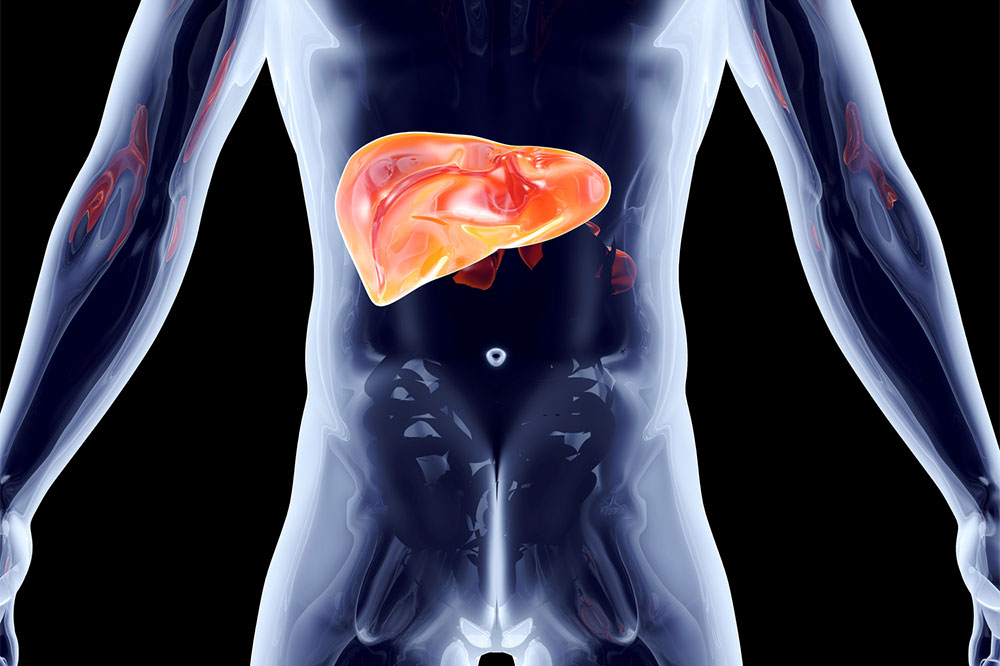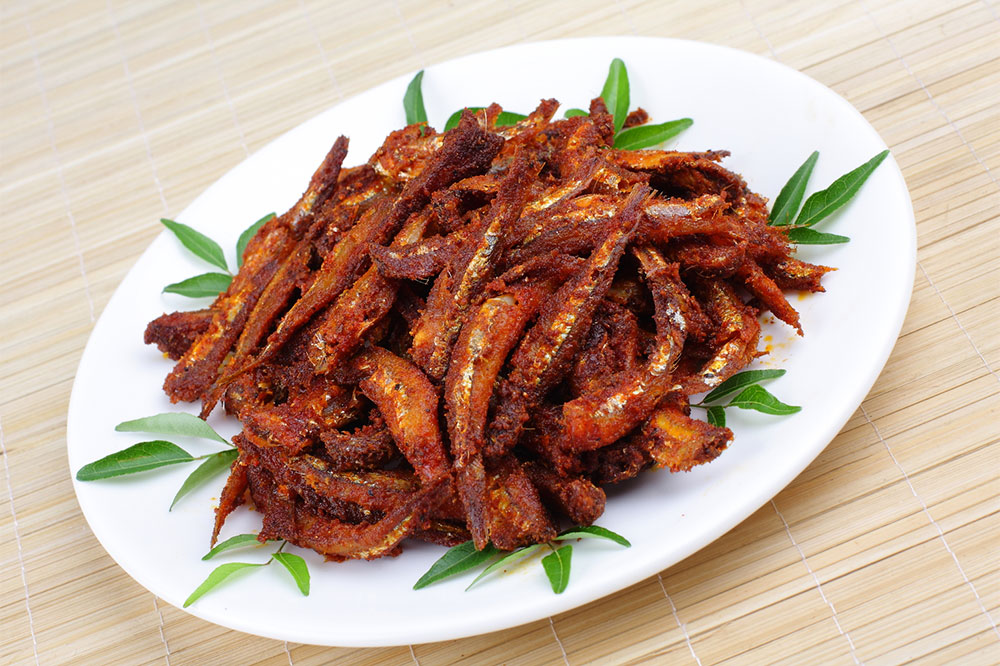Avoid these 8 foods when dealing with Crohn’s disease

Crohn’s disease is a type of inflammatory bowel disease (IBD) that can lead to inflammation of the digestive tract along with other complications. Foods to add and avoid differ for each person, based on what triggers their symptoms. As symptoms can lead to repercussions like malnutrition, it is necessary to prevent extreme nutrient deprivation by making better choices. So here are some common foods that can trigger Crohn’s disease symptoms:
Dairy and dairy products
Those who are lactose intolerant must avoid dairy and dairy products. Lactose intolerance involves the improper or incomplete absorption of lactose—a kind of sugar found in milk, cheese, and other dairy products. It can lead to bloating, diarrhea, and gas, worsening the symptoms of IBDs. These products, however, contain important nutrients such as vitamin D, calcium, and protein, so it is important to substitute them adequately. These nutrients can be found in green leafy vegetables, fortified juices, or supplements.
Spicy foods
Spicy foods can aggravate symptoms like pain, especially during Crohn’s flare-ups. So, one should limit spices like allspice, black pepper, cayenne powder, chili powder, jalapenos, garlic, paprika, and wasabi, as they can act as irritants in the digestive tract. Instead, one can add flavor to their food using turmeric, ginger, cumin, lemon peels, fresh herbs, mustard, and chives (or green onions).
Fried foods
For many people with Crohn’s disease, fats from fried foods are not properly absorbed in the small intestine. This can lead to symptoms like cramps or diarrhea. Instead of fried foods, one should pick foods that are baked, broiled, or steamed. It is also important to avoid fast food and processed meats, as they are high in unhealthy fats.
Whole grains
Whole grain foods like whole wheat pasta or popcorn contain high amounts of fiber. This can cause irritation for anyone experiencing a symptoms flare-up. Adding foods made from refined flours can provide some relief as they tend to be better tolerated by the body.
Nuts and seeds
While raw nuts are a great source of protein and healthy fats, they are also difficult to digest for people with Crohn’s. In addition to this, seeds aren’t completely broken down and digested in the digestive tract. This can worsen diarrhea for people with the condition. It is safer to opt for smooth nut butter. Foods to avoid include those with a lot of seeds, such as strawberries, chia seeds, flax seeds, and tomatoes, among others.
Raw fruits and vegetables
Fresh fruits and vegetables in their raw forms are loaded with fiber. This can worsen diarrhea during flare-ups. Instead, people with the disease should opt for cooked vegetables or fruits without the skin or seeds. Some fruits like bananas or canned pears may be easier on the gut in comparison to others like apples or raspberries. During flare-ups, one should avoid vegetables like broccoli, cabbage, and Brussel sprouts as they can cause gas.
Caffeinated products
Caffeinated beverages like tea, coffee, and energy drinks increase the propulsion of waste from the gastrointestinal tract, worsening the symptoms. People affected by diarrhea during flare-ups should avoid caffeinated products entirely.
Sweeteners
Sugary drinks such as fruit juices and sodas can also trigger diarrhea during a Crohn’s flare-up. Added sweeteners such as xylitol, sorbitol, maltitol, and others are tough for the body to absorb, consequently worsening symptoms during a flare-up. Apart from beverages, these can also be found in sugarless candy and gum.
As all bodies are different, triggers for each person may differ. One should work with a healthcare professional to check what triggers flare-ups for them and maintain a food diary/journal to keep track of foods that aggravate symptoms. During periods of calm, one should choose healthy, nutritious food as malnutrition is a common problem in people affected by the disease. Working with an expert who can create an individualized plan based on your triggers is crucial to get adequate help for managing Crohn’s.






